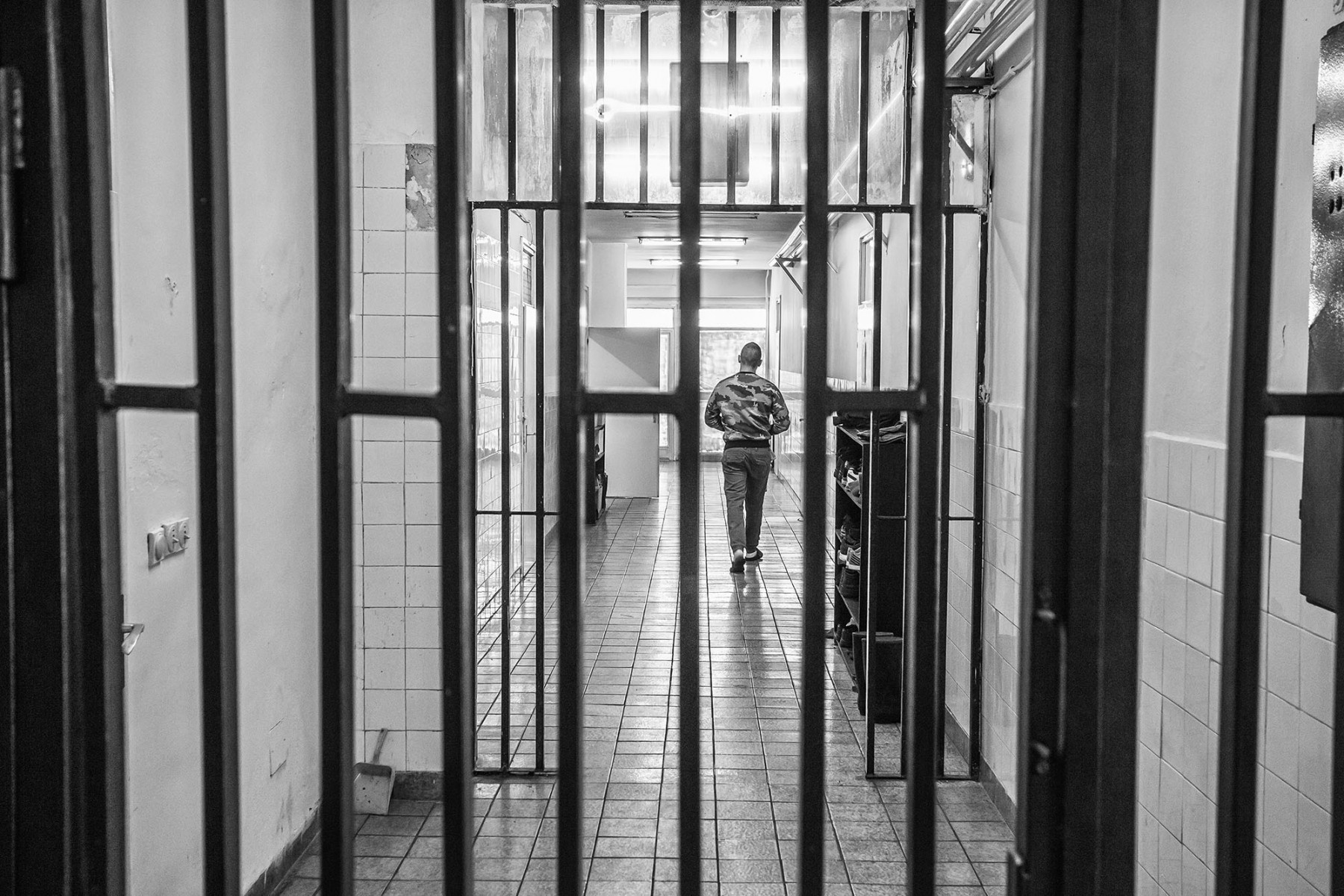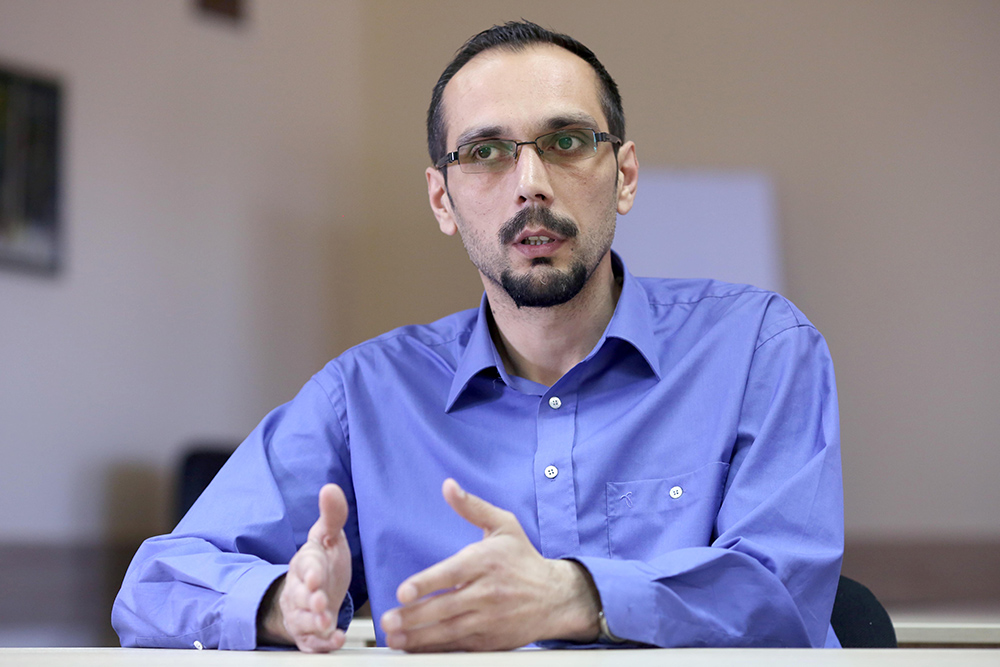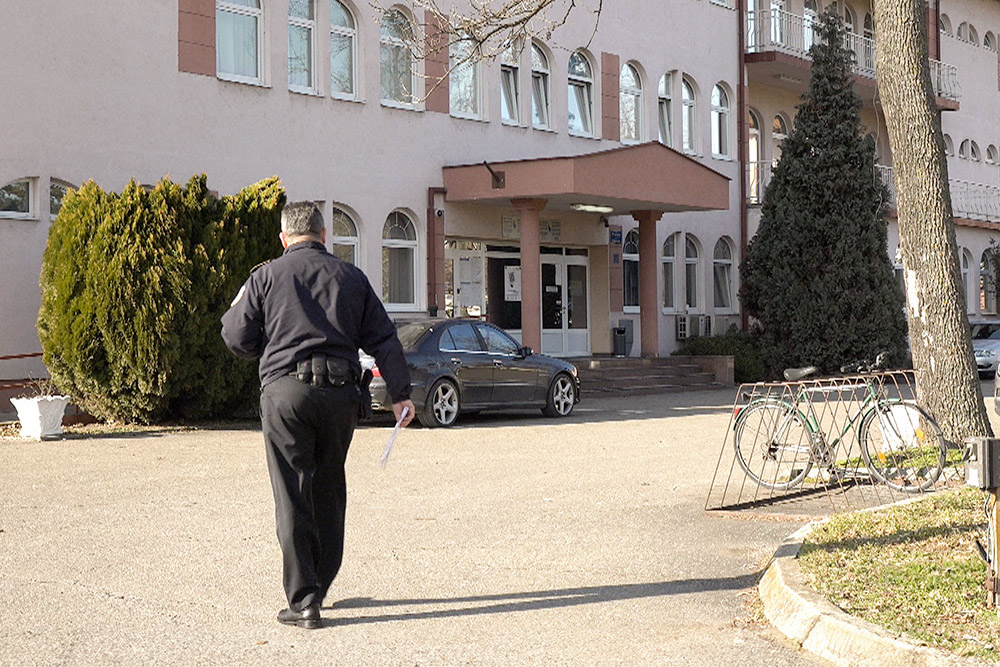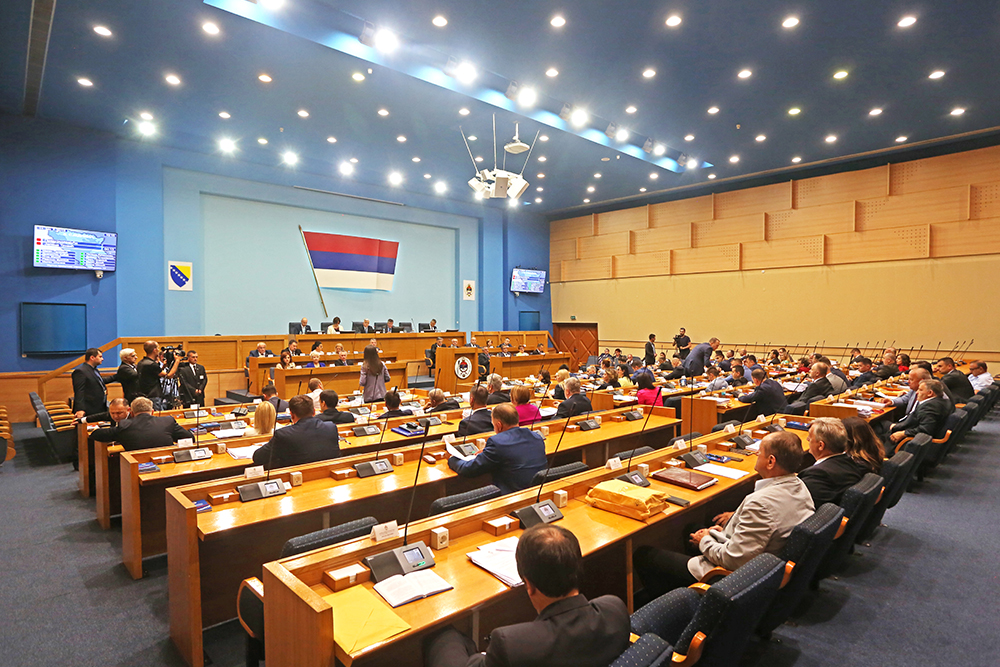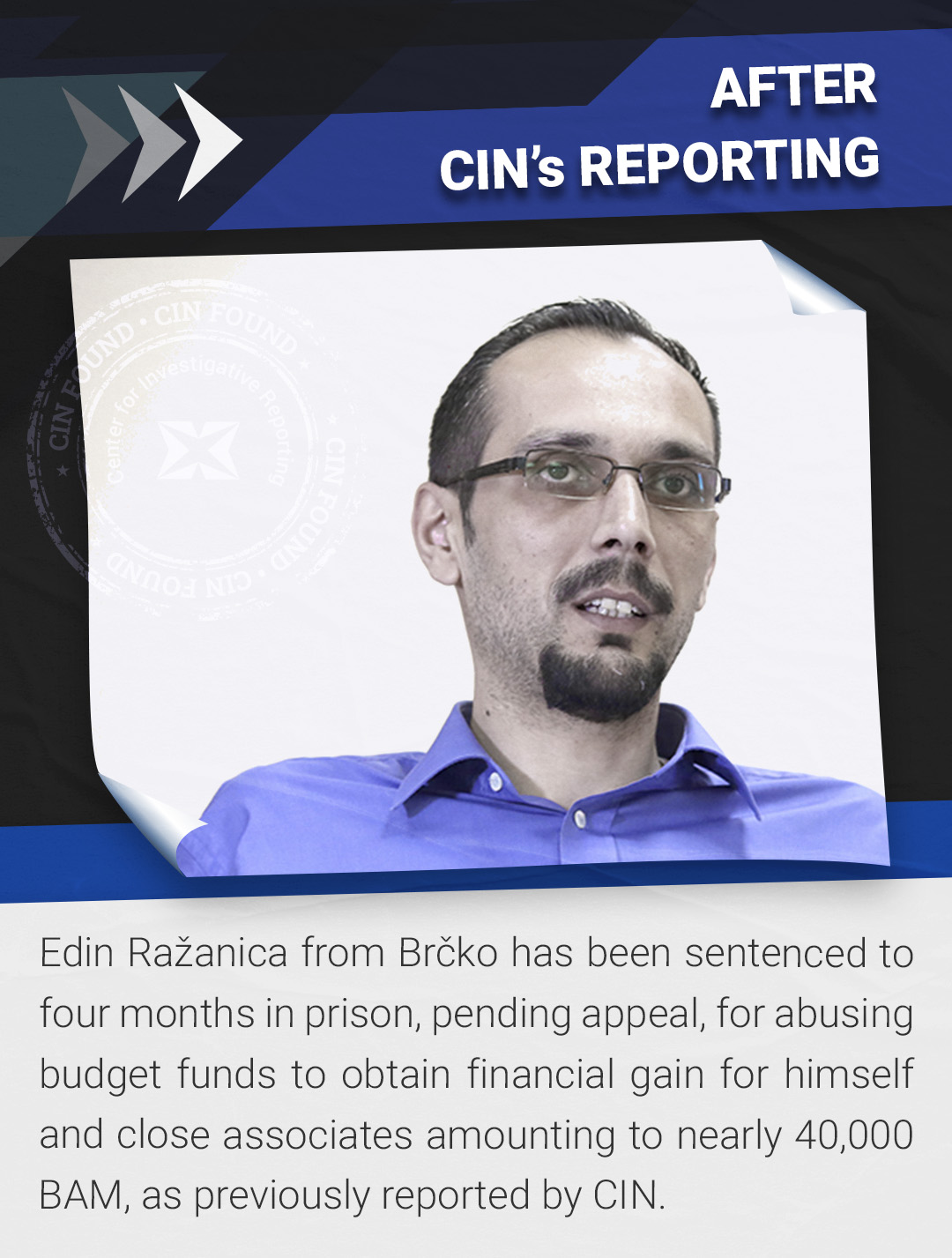Bosnia and Herzegovina (BiH) has neither sufficient control nor a transparent system for awarding state aid, which is why the legal framework governing the state aid distribution should be aligned with the relevant legislation of the European Union (EU), concluded the participants of the round table discussion “Quo Vadis: An overview and perspectives of the state aid system in Bosnia and Herzegovina” held in Banja Luka yesterday.
State aid can be granted to entrepreneurs in the form of a subsidy and can be granted by all levels of government in Bosnia and Herzegovina.
Reps of the institutions, State Aid Councils of the Federation of BiH, Republika Srpska and Brčko District, the BiH Competition Council, tax administrations, international organizations, and CSOs were presented with the recommendations from the “Analysis of budget policies and procedures from the perspective of budget transparency in BiH” (LINK to document from our website – https://cin.ba/publikacije/#dearflip-df_1037916/1/), the document created as part of the project “Strengthening the capacity of civil society organizations for monitoring public budgets”.
The recommendations were presented by Marko Martić from the Center for Research and Studies – GEA. He highlighted the importance of having an open, regulatory, and administrative framework for fiscal management, and the need to comply with the budget calendar, and have clear rules for budget execution, supervision, and reporting.
“State aid allocation aspect is only one of the shortcomings of budget transparency in BiH to highlighted in the aforementioned analysis of the weaknesses of budget policies and procedures. This is also confirmed by the Open Budget Survey (OBS), under which BiH scored 32 points, i.e., far below the minimum of 61 points required for a positive budget transparency assessment”, said Martić.
In the second part of the round table discussion, the participants were presented with the “Research findings on the state aid allocation system in BiH”, another document produced by GEA.
The research author Aleksandar Draganić presented the relevant information about the distribution of state aid, state aid coordination system, policy, and practice of granting aid to public enterprises.
“Major problems have been detected in the functioning of the state aid system – from the functioning of the council, the coordination of competent institutions to the very registration and control of state aid. Although the legal framework is nearly harmonized with the EU legislation, there is an evident need for its improvement. Currently, no one controls the state aid system and this situation is unsustainable in the long run”, said Draganić.
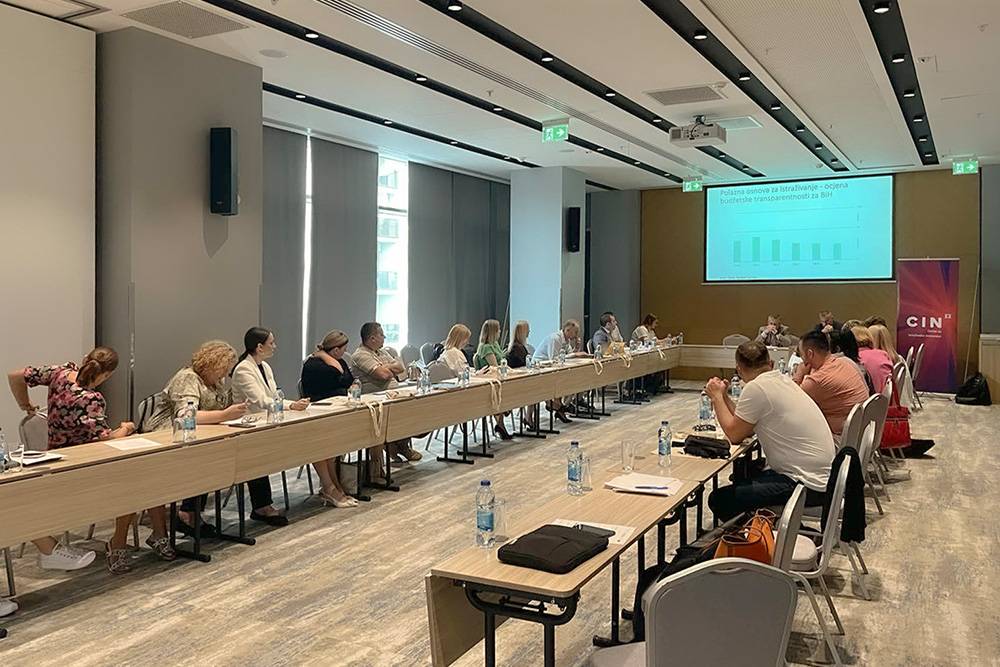
Another significant problem is lack of knowledge on the methods of awarding state aid. To this end, additional training of staff at all levels of government is required.
“In non-sanctioning and failure to fulfill audit’s recommendations lies untapped potential. It would be good to incorporate the list of state aid through the audit process to give the list the significance it deserves”, said Dželdina Krndžija from the Finance Ministry of the Bosnia-Podrinje Canton.
According to Radenka Srndović, a member of the BiH State Aid Council, the public does not have enough information about the existence of the Council, hence this institution should be promoted.
The participants concluded that a short instruction with information on the method of awarding state aid should be developed.
In his address, Simone Guerrini, head of the EU Regional Office in Banja Luka, emphasized the importance of today’s discussion about state aid: “We welcome today’s debate on state aid, a central issue that needs to be addressed to ensure fair market competition and address market distortions. The future challenge for Bosnia and Herzegovina is the harmonization of the internal rules of Bosnia and Herzegovina with the internal rules of the European Union”, said Guerrini.
This was yet another round table in a series of activities organized by the Center for Investigative Journalism with partner organizations GEA from Banja Luka and Futura from Mostar within the framework of the project financed by the EU and The Balkan Trust for Democracy through USAID.




